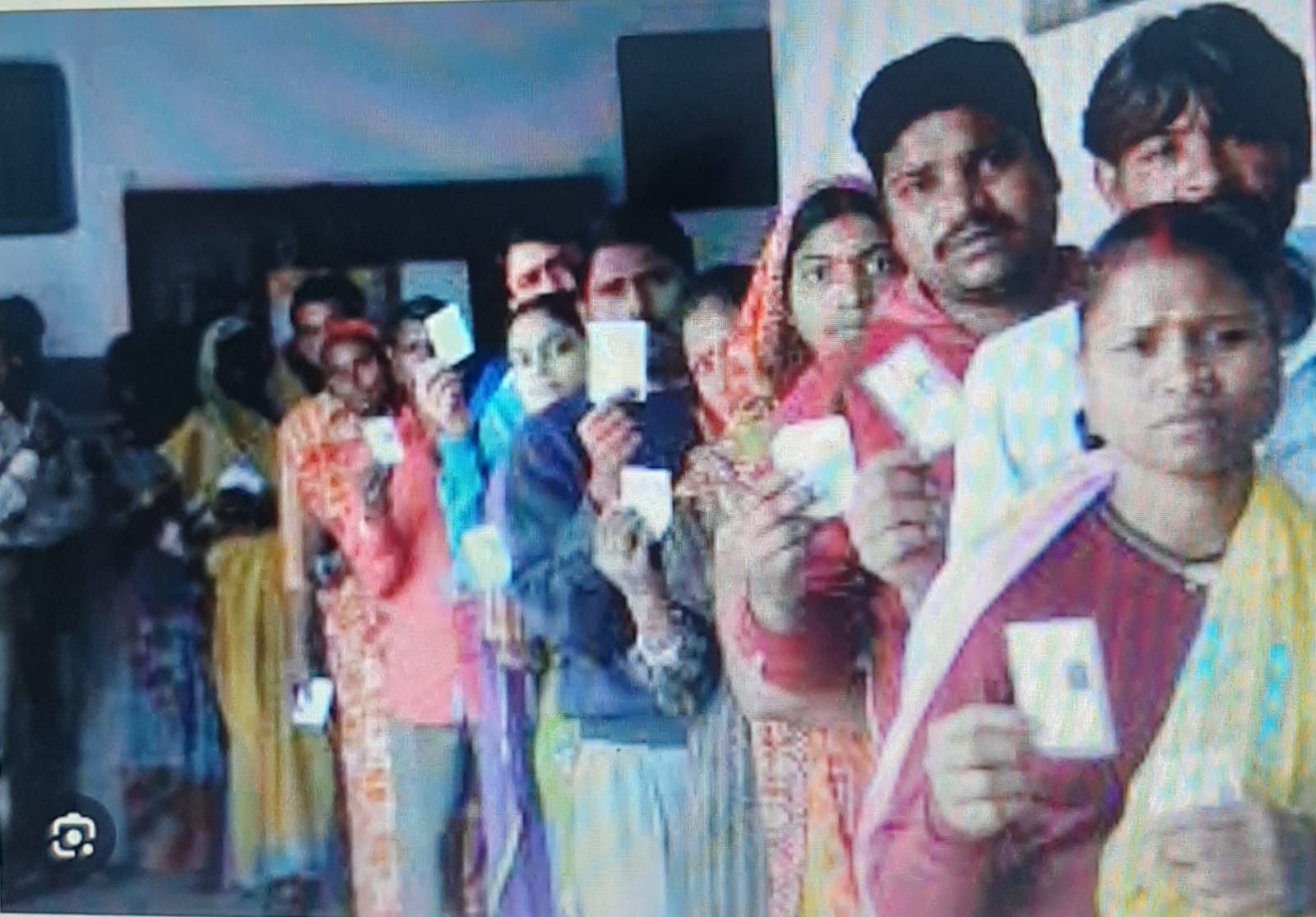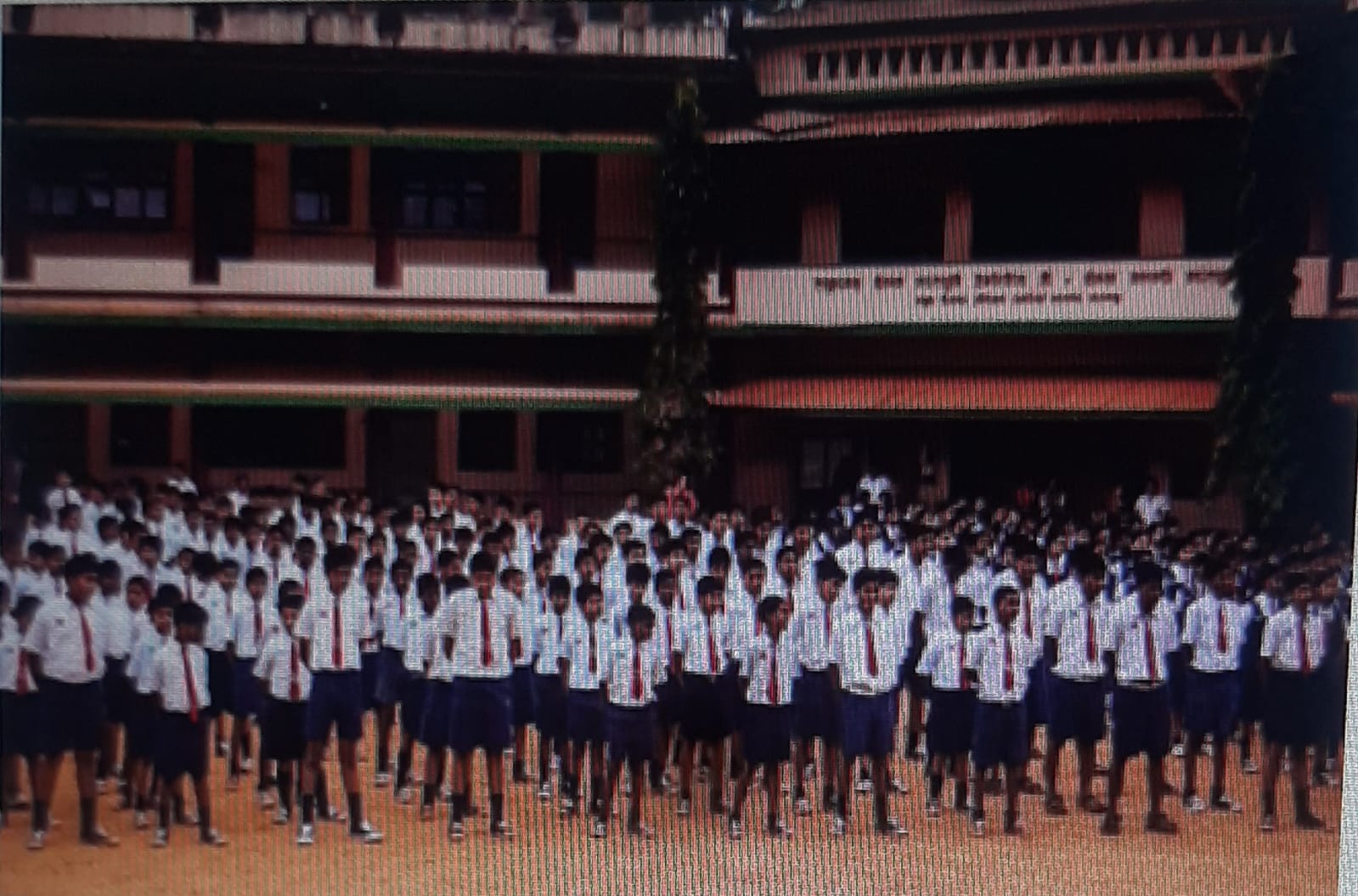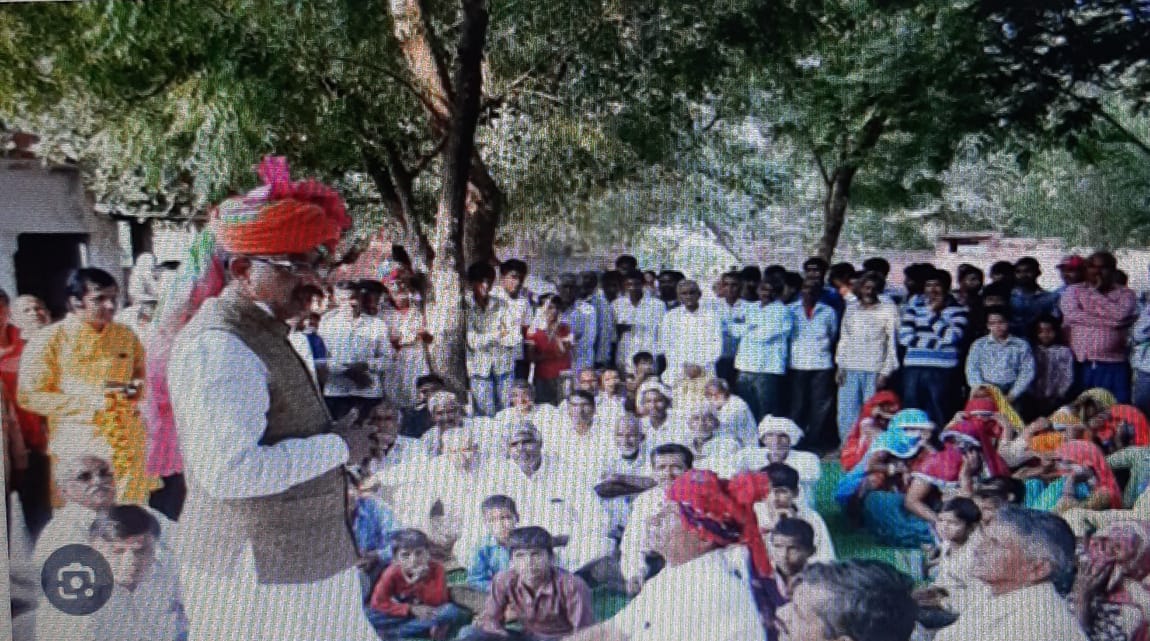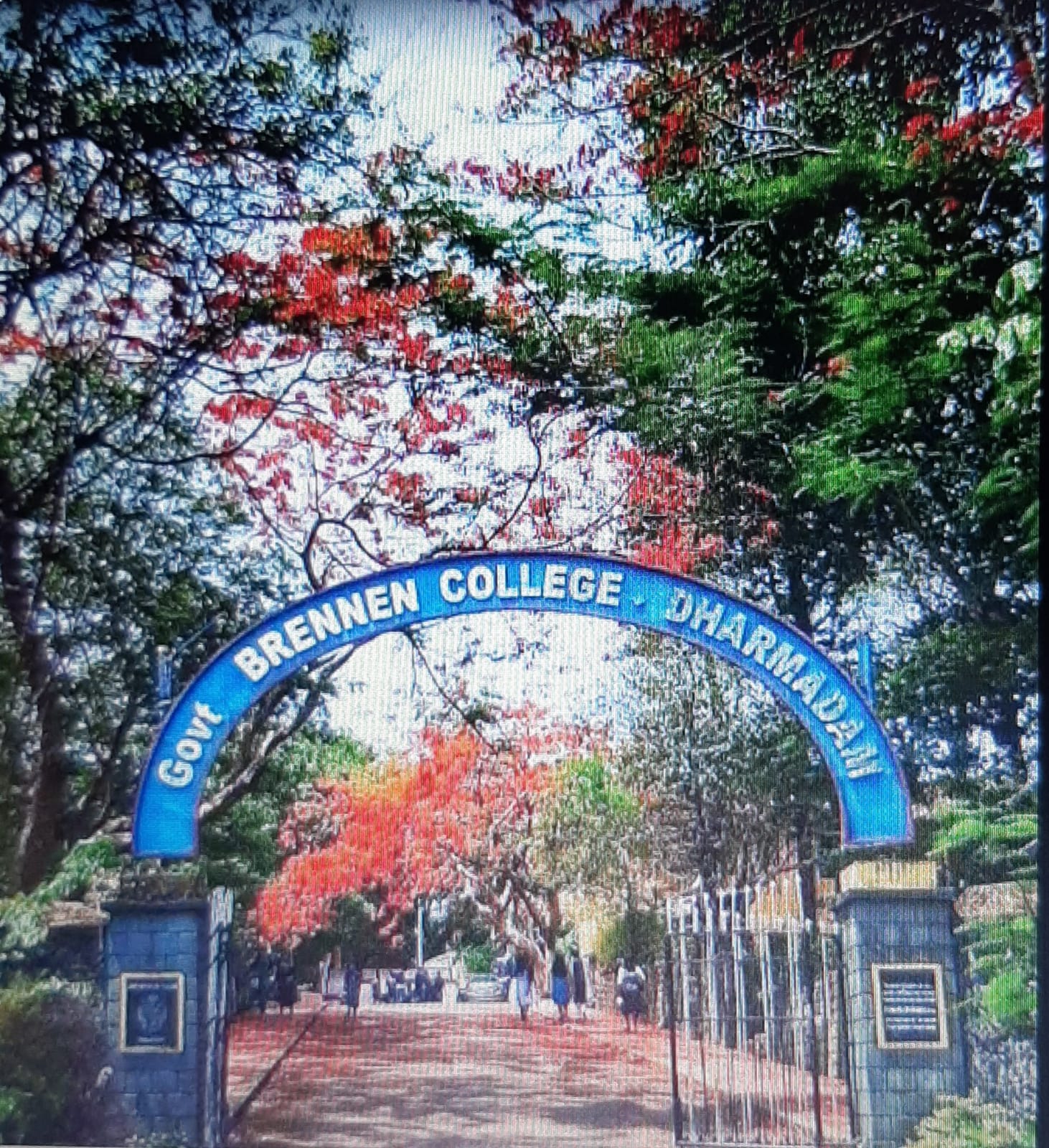
Indus Valley culture is now called the “Indus-Saraswati Civilisation”, linking it to Aryan heritage. The Aryan migration theory is dismissed as myth. Dravidian contributions, Kerala’s past, and caste-based injustices are ignored in ancient history chapters—all now blamed on the medieval Muslim rulers, says Prof Ali Nadeem Rezavi of Aligarh Muslim University.
Urban Mirror Correspondent
Thalassery (Kerala), August 4: Prof Ali Nadeem Rezavi of history department of Aligarh Muslim University today said that the New Education Policy (NEP) 2020, alongside textbook revisions and the formulation of new syllabi, had marked a shift from historical research to ideological storytelling. He said the shift was characterized by arbitrary insertions, selective omissions, and distortions that obscure India’s pluralistic past. Often, half-truths prove more dangerous than outright lies.
Delivering inaugural lecture under Indian History Congress-Kerala History Congress lecture series at historic Govt Brennen College Thalassery Kerala on Monday Prof Rezavi, who has been carrying crusade against distortion and rewriting Indian History by vested interest in the ruling establishment, said there was now a drive towards a single, uncritical narrative of the past—‘one size fits all’. He said nuanced interpretations were being dismissed. Texts like A.K. Ramanujan’s “Three Hundred Ramayanas” have been banned; historians like Kalhana were being ignored. “Complexity is replaced with simplicity, diversity with singularity”, he added.
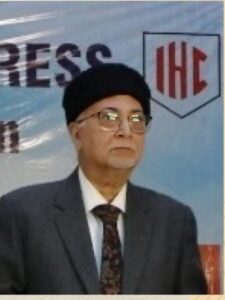
Prof Rezavi said as a prelude to the IHC-KHC Flagship Lecture Series, “I would like to talk about the travails of history as a discipline, in view of some of the recent policy steps taken by the Central Government, which appears hellbent on distorting our past by replacing fact based understanding with a make-believe version rooted in wishful thinking and falsehoods”.
Prof Rezavi, who is also secretary of the Indian History Congress (IHC), further said revisions, of course, were not new. In 2003, under the first NDA administration, widely-used history textbooks authored by eminent scholars were replaced. Although this prompted protests, the new books largely remained within academic norms. In contrast, the changes post-2014 have introduced themes that reflect majoritarian religious ideology, emphasize conflict, and incorporate factual inaccuracies.
He said the IHC has consistently engaged with these concerns. At its 81st session in 2022 at Madras Christian College, the Aligarh Historians Society organized a full panel on the topic. In 2023, a resolution titled ‘History in the Framework of the New Education Policy’ was adopted. By the 83rd session in 2024 at Patiala, three resolutions had been passed: first, against the UGC-drafted history syllabus being imposed on universities; second, against the tampering of school textbooks; and third, condemning attacks on liberal-left historians through the caricature of their work as remote or irrelevant.
He pointed out the new textbooks frame historical events from a majoritarian lens. The same acts—condemned if committed by rulers of minority religions—are celebrated if done by Hindu kings. Tipu Sultan and Haider Ali are marginalised, while the Marathas are hailed as nationalists. Ironically, Tipu’s children in British custody feature on the cover.
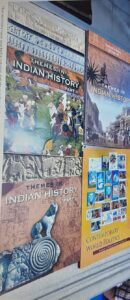
He said NEP 2020 promoted the idea that students should feel a sense of “ownership” of their history. As prominent historian Prof Irfan Habib had cautioned, “this could lead to personal, subjective interpretations that glorify the past without critique”.
Indus Valley culture is now called the “Indus-Saraswati Civilisation”, linking it to Aryan heritage. The Aryan migration theory is dismissed as myth. Dravidian contributions, Kerala’s past, and caste-based injustices are ignored in ancient history chapters—all now blamed on the medieval Muslim rulers.
He said that shared cultural histories were being erased. Akbar, a symbol of inclusive governance, has been reduced to just an adversary of Maharana Pratap. His Ibadatkhana and Sulh-i-kul policy had been omitted. Positive legacies of rulers like Babur and Akbar had been deleted. “The jizya tax is misrepresented, and violence by Hindu kings is unmentioned”, he observed.
“This distorts our understanding of the Mughal era (1526–1605). Women rulers, cultural syncretism, and socio-economic reforms are sidelined. Instead, a civilisational binary is reinforced”, Prof Rezavi said and added new textbooks conflated Mughal rule with brutality, downplaying achievements and governance. Baburnama and Akbarnama are sidelined. Even disclaimers urging students not to judge the present by the past are undermined by the surrounding content.
The Opposition leaders have termed these changes a “cheap BJP-RSS attempt to rewrite history.” Supporters call it “de-greenwashing”. Either way, critical thinking is sacrificed. The textbook becomes a civilisational tale, not a scholarly inquiry.
Such distortion erodeed what was achieved over the last seventy years—when historians moved away from dynasties and dates, towards questions of process, class, and agency. That legacy is now under threat, Prof Rezavi added.
Vital references may vanish from collective memory: Sultan Mahmud’s coin describing Muhammad as an avatar, Amir Khusrau’s praise of India’s multilingualism, or Zamorin Kerala’s portrayal as darul aman and darul Islam. These speak to India’s plural past.
He said Islam arrived on the Malabar Coast in the 7th century. By the 12th century, Muslims had significant presence under the Hindu Zamorin. They were central to trade and allowed to flourish. When Vasco da Gama demanded their expulsion in 1502, the Zamorin refused, recognising them as natives. Muslim scholars of the time praised the Zamorin as “our ruler”.
This pluralism predates Akbar and contradicts colonial binaries. But it is ignored in current curricula shaped by NEP.
Prof Rezavi also thanked members of Kerala History Congress, as well as IHC who co-hosting this series. Professor Vasanth, Principal of the Government Brennen College hosting this event and Dr Malavika Binny.
Since a number of years, the Indian History Congress has been holding its official Panel during its annual sessions on the history of the region in which our session is being held. As our forthcoming session is scheduled for December at Government Brennen College, Dharmadam, District Kannur, the IHC Panel is devoted to Kerala.
He said everybody should then support institutions like the Indian History Congress, which stands against these distortions and strive to preserve history’s complexity and inclusivity—for generations to come.




